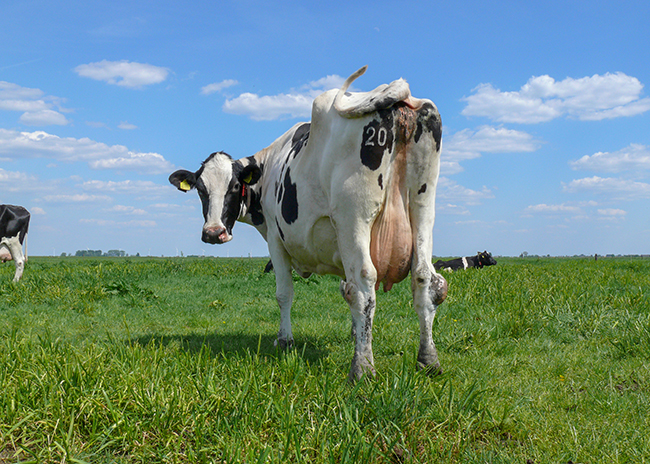The Air Convention Parties have committed to a revision of the Gothenburg Protocol. A recent review report pointed out that despite reductions in emissions, existing measures fall short in safeguarding human health, ecosystems, crop yields, and the climate.
The Air Convention Parties have agreed to work on a revision of the Gothenburg Protocol to further strengthen efforts for better air quality in Europe and North America.
The UNECE Convention on Long-range Transboundary Air Pollution (Air Convention) came to this ground-breaking decision on 14 December following discussions on different policy options for addressing the findings of the recent review report of the Protocol to Abate Acidification, Eutrophication and Ground-Level Ozone (Gothenburg Protocol). The review report had found that while emissions have been reduced it has not been enough to protect human health, ecosystems, crop yields and climate. More action is needed in many sectors, such as energy, transport and agriculture, and societal changes are also needed. To address ozone precursors, global action on methane is vital. Parties agreed to consider revisions to the following issues, including new emission reduction commitments for the already covered pollutants; revision of technical annexes on further reductions of black carbon and ammonia emissions; and how to address methane emissions. It will also address methods to lower the bar for non-Parties to ratify and implement the Protocol, such as flexibilities. One overarching theme is to take an integrated approach to climate, energy and air policies. Task forces under the Convention have already worked on updating technical guidance to reduce emissions from specific sources mentioned in the review report, specifically agriculture, shipping, waste and energy. Parties adopted the new guidance on co-mitigation of methane and ammonia emissions from agricultural sources, methane mitigation from landfill, and fossil and bio-gas facilities, and SO2 mitigation from shipping.
The amended Gothenburg Protocol, in force since 2019, is the only binding regional treaty anywhere in the world to regulate major air pollutant emissions. It already supports 28 Parties – including the European Union, the UK, the US and Canada – to deliver significant emissions cuts.
UNECE Executive Secretary Tatiana Molcean commented: “By agreeing to further strengthen this instrument, governments in the region are demonstrating their commitment to take integrated, multilateral action on air pollution that will benefit health, ecosystems, food production and the climate. I therefore urge negotiators to ensure the revisions to the Gothenburg Protocol will enable Parties to deliver ambitious emissions cuts and call on policymakers to ensure the required measures for full implementation.”
Work to revise the Gothenburg Protocol will start at the 62nd session of the Working Group on Strategies and Review (Geneva, 27–31 May 2024).
Ebba Malmqvist




























